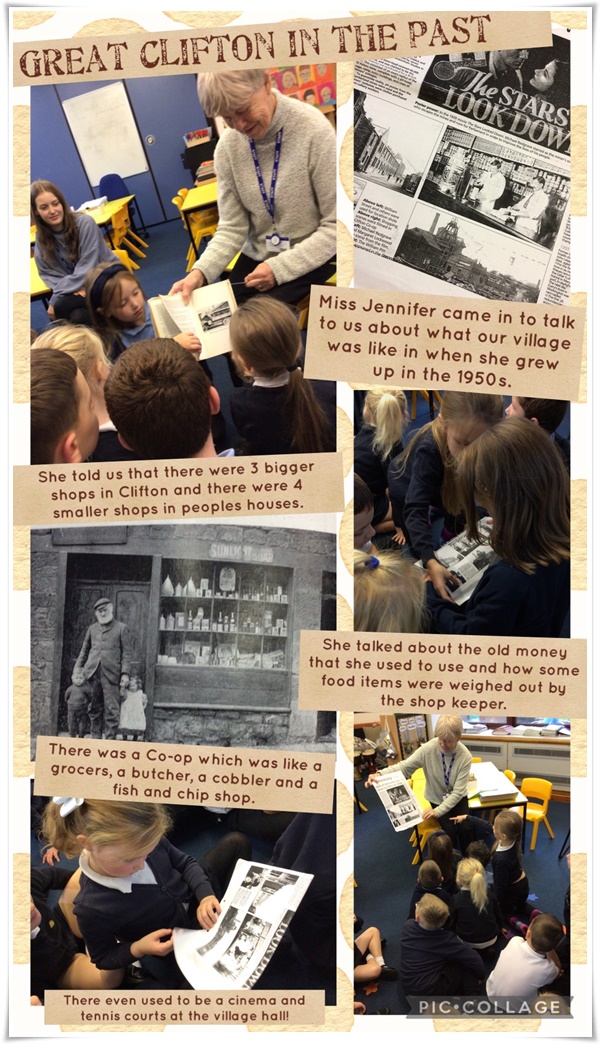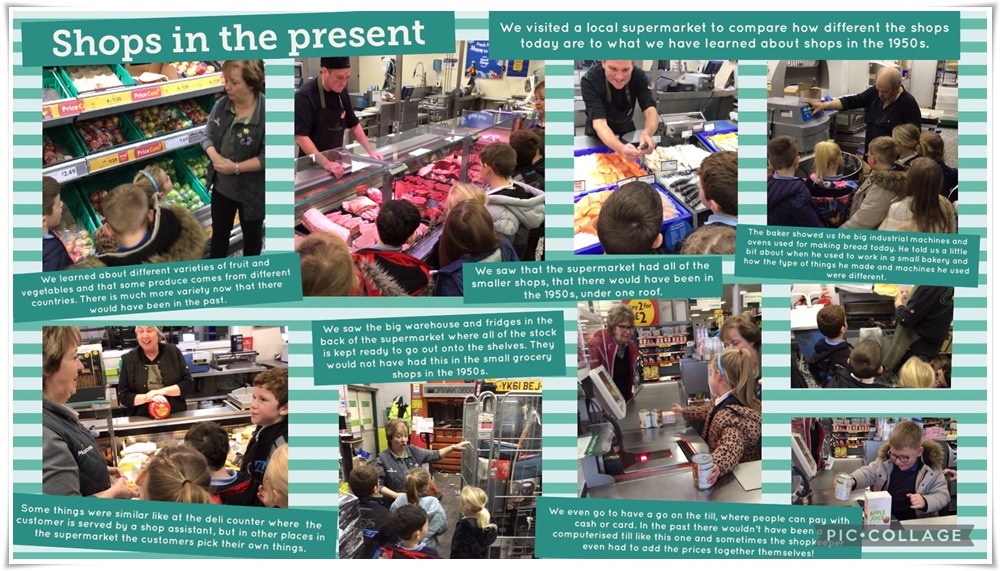History
At Derwent Vale Primary and Nursery School, we are committed to providing all children with learning opportunities to engage in history. History is about real people who lived, and real events which happened in the past. History is concerned with sequence, time and chronology and is the study of evidence about the past; it gives us a sense of identity, set within our social, political, cultural and economic relationships. History fires the children’s curiosity about the past in Britain and the wider world and plays an essential part in preparing us for living and working in the contemporary world.
Intent
By providing a high-quality history education, we enable our pupils to gain a coherent knowledge and understanding of Britain’s past and that of the wider world. Our goal is to inspire pupils to be curious; to want to know more about the past. We encourage children to ask perceptive questions and think critically and we teach them how to do this. We show them how to sift arguments, develop perspective and judgment. By studying History, pupils understand the complexity of people’s lives, the process of change, the diversity of societies and relationships between different groups, as well as their own identity and the challenges of their time. It helps them place our society and our current way of life in context. What they learn can influence their decisions about personal choices, attitudes and values. In History, children find evidence, weigh it up and reach their own conclusions. To do this they need to be able to research, sift through evidence, and argue their point of view – skills that will be vital in the adult world.
Implementation
Our History curriculum is broad, balanced and makes strong links with the local area. Throughout their time at school, children learn a range of skills, concepts, attitudes and methods of working. History is planned so that the retention of knowledge is much more than just ‘in the moment knowledge’. The cumulative nature of the curriculum is made memorable by the implementation of Bjork’s desirable difficulties, including retrieval and spaced retrieval practice, word building and deliberate practice tasks. This powerful interrelationship between structure and research-led practice is designed to increase substantive knowledge and accelerate learning within and between study modules. That means the foundational knowledge of the curriculum is positioned to ease the load on the working memory: new content is connected to prior learning. The effect of this cumulative model supports opportunities for children to associate and connect with significant periods of time, people, places and events.
We equip pupils with a solid and secure understanding of Britain’s past and that of the wider world. From the Neolithic stone circles to the Roman occupation, our location offers a range of hands-on learning experiences. We have designed a curriculum that makes use of these rich resources and supports children in understanding how the past has shaped life where we live today.
As well as learning about the history of our locality, we also teach children about events in the past - both here in the UK and beyond. This allows them to understand the significance of historical events. We give children a secure knowledge of the chronology of history from the first peoples to now, whilst also enabling them to have deeper learning experiences of some of the more significant turning points in national and global history.
Pupils consider how the past influences the present, what past societies were like, how these societies organised their politics, and what beliefs and cultures influenced people’s actions. As they do this, children develop a chronological framework for their knowledge of significant events and people. They see the diversity of human experience, and understand more about themselves as individuals and members of society.
Our goal is to develop our children’s knowledge, skills and understanding in History and we achieve this through ‘high quality, first-phase teaching’. We believe in whole-class teaching methods and combine these with enquiry-based research activities. As well as bespoke lessons, other cross-curricular opportunities arise regularly, whether through the use of timelines in Maths, to the use of maps and atlases when learning about different world civilisations.
In KS1 and KS2 the use of knowledge organisers and knowledge notes for History keeps essential information together to guard against split-attention effect. Children are taught to forge connections between their current learning and the ‘big picture’ of subject content. Explicit teaching of vocabulary is central to children’s ability to connect new knowledge with prior learning. Teaching identifies Tier 2 words, high frequency words used across content e.g. verify, and Tier 3 words, specific to subject domains. Spaced retrieval practice, through questioning, quizzes and peer-explanations, further consolidates the transfer of information from working memory to long-term memory. Quizzing etc are primarily learning strategies to improve retrieval practice – the bringing of information to mind.
Examples of Knowledge Organisers and Knowledge Notes:

Impact
By the end of EYFS, children will have an understanding, through the topics we cover, of how things that have happened before in their lives are ‘the past’. Children should be able to talk about how they have changed over time and their family in the past. They will be able to talk about their own past, such as events or holidays they have had. They will begin develop a knowledge of significant individuals from the past, linked to topics, through stories and photographs. Children will be aware that things have changed throughout history – for example the fact that people wear different clothes now, or that vehicles have changed over time.
By the end of Key Stage 1, children should be able to use words relating to the passing of time, including a wide vocabulary of everyday historical terms. They should know where the people and events they study fit within a chronological framework and identify similarities and differences between ways of life in different periods.
Children should be able to ask and answer questions, choosing and using parts of stories and other sources. Pupils should understand changes within living memory and significant national or global events. They should know about the lives of significant individuals in different periods who have contributed to national and international achievements and significant historical events, people and places in their own locality.
By the end of Key Stage 2, children should have developed a chronologically secure knowledge and understanding of British and local history and of world history. They should note connections, contrasts and trends over time and develop the appropriate use of historical terms. Children should be able to answer and devise historically valid questions about change, cause, similarity, difference and significance. They should construct informed responses that involve thoughtful selection and organisation of relevant historical information. They should understand how our knowledge of the past is constructed from a range of sources and be able to communicate this.
2024-2025



2023-2024






